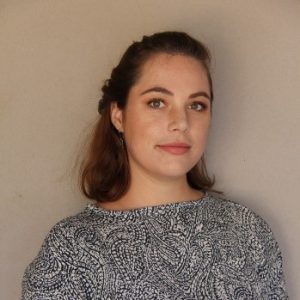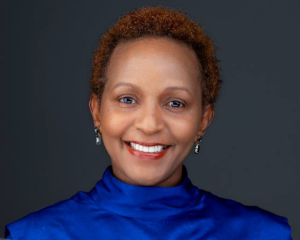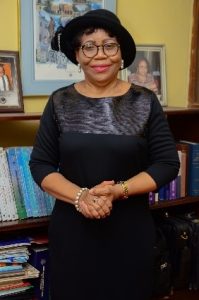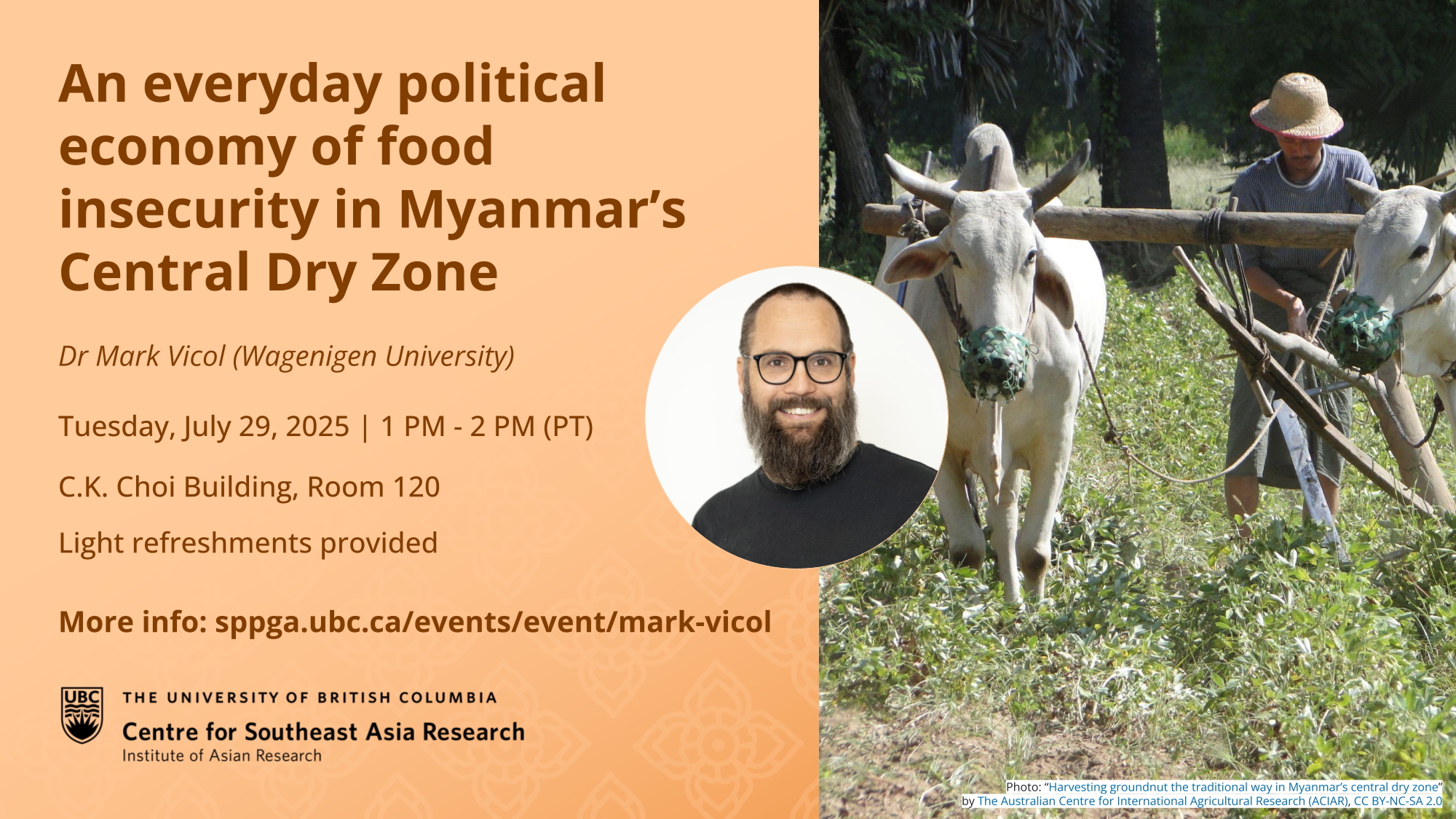Advancing Climate Justice and Humanitarian Action: Celebrating African Women’s Leadership
The month of March is Women’s History Month, a unique period that marks women’s historical and contemporary achievements across the world. In line with this significant moment and the impetus for gender equality, the African Women’s Leadership Series celebrates African women’s outstanding contributions and examines the prevailing challenges that still require intensified investments for change to empower women.
For our third instalment in the series, we are celebrating African women leading on climate justice. As the latest Intergovernmental Panel on Climate Change report recently published in February 2022 shows, women are disproportionately impacted by climate change particularly in Africa, but our guests are climate champions that have overcome the barriers. They are Prof. Okorodudu-Fubara, one of the founding mothers of environmental justice research and education who laid the foundation for climate justice work in Africa, and Ms. Joyce Msuya, a United Nations leader who has worked hard to advance climate justice in global policy and Africa. Our honorees will share their journeys, challenges, and advice to emerging young female climate leaders. There will also be an opportunity to ask them questions.
Welcome remarks will be given by Nellie Kamau, a student in the Master of Public Policy and Global Affairs program at the UBC School of Public Policy and Global Affairs.
Our moderator is Ms. Elsabé Boshoff. She is an emerging female African leader in environmental justice whose work has supported the African Commission on Human and Peoples’ Rights.


Elsabé worked with the African Commission on Human and Peoples’ Rights from 2017 to 2020, supporting the mandates of the Chairperson of the Commission, Chairperson of the Working Group on Extractive Industries, Environment and Human Rights as well as the Focal Points for Transitional Justice and Human and Peoples’ Rights and Conflict and Human Rights.
She is a co-editor of an edited volume: Governance, Human Rights and Political Transformation in Africa, published by Palgrave Macmillan in 2020. She has written several peer reviewed articles and book chapters on the human rights-environment nexus.


Ms. Msuya brings more than 20 years’ experience in international development and finance, spanning strategy, operations, and partnerships, and with diverse assignments in Africa, Asia, and Latin America. Since 2018, Ms. Msuya served as Deputy Executive Director of the UN Environment Programme in Nairobi, Kenya. Between 2018 and 2019, she served as UNEP’s interim Executive Director at the Under-Secretary General level, leading the fourth session of the UN Environment Assembly and mobilizing resources to support its mission.
Ms. Msuya has held several senior leadership roles at the World Bank Group, including that of Special Representative and Head of the World Bank Group Office in the Republic of Korea, Regional Coordinator at the World Bank Institute, based in China, and Special Adviser to the World Bank’s then Senior Vice President and Chief Economist. She also led strategy and operations for the International Finance Corporation in Africa and Latin America, covering the manufacturing, agribusiness, and services sectors.
Ms. Msuya is fluent in English, Swahili and Pare.


Professor Okorodudu-Fubara chairs the Environmental Rights Action, Africa’s foremost environmental organisation and Nigeria’s chapter of the Friends of the Earth International (FoEI). She pioneered “Mainstream Environment for Sustainable Development into African Universities” (MESA), a United Nations Environment Program (UNEP) initiative on Education for sustainable development and conservation in all tertiary institutions worldwide. In 2007, she became a member of the Working Group on UNEP Global Environment Report (GEO – 4) 2007, “Promoting Environmental Research and Learning for Sustainable Development.” Professor Okorodudu–Fubara is also a member of the International Union for the Conservation of Nature (IUCN) Academy of Environmental Law, and a consultant to several international organizations such as UNEP, UNDP, and the World Bank. Since 2002, she has been a member of the Board of Trustees of Fulbright Alumni Association of Nigeria. She was Dean of Law at Obafemi Awolowo University, one of Nigeria’s oldest and most reputable federal universities.
Co-hosts: This event is brought to you on behalf of the Liu Institute Network for Africa (LINA), and the Collective for Gender+ in Research, hosted at the University of British Columbia’s Office for Regional and International Community Engagement (UBC ORICE), all within the UBC School of Public Policy and Global Affairs (UBC SPPGA).

